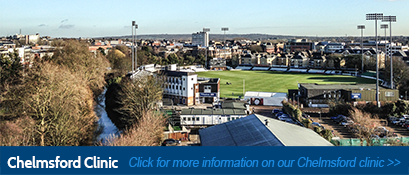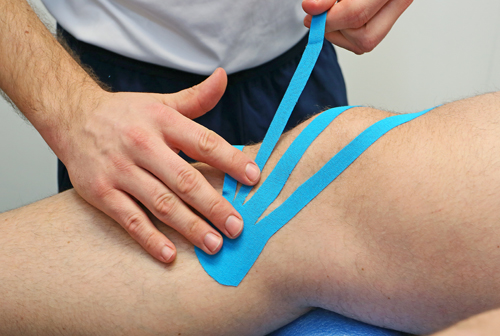Frozen Shoulder
What is it?
Frozen shoulder or to give it its medical terminology “adhesive capsulitis” is a painful debilitating condition of the shoulder affecting many people. Sometimes frozen shoulders come on after injury but they can also come on with no apparent cause. Certain groups of people, such as diabetics are more susceptible than others. The condition can last for up to two years and usually has three phases.
Phase 1: Freezing phase
Here the shoulder becomes painful and there is loss of range lasting around three months
Phase 2: Frozen Phase
Pain tends to be at the end of range of movement but there is also marked stiffness. This phase may last three to nine months.
Phase 3: Thawing Phase
This phase lasts nine to eighteen months and as the pain reduces the stiffness start to resolve.
What we do?
Firstly we will need to undertake a detailed assessment of your shoulder to ensure that the diagnosis is correct. Often shoulder injuries diagnosed as frozen shoulders are inaccurate.
The assessment process will include a variety of movements including looking at your range of movement and strength. Structures such as muscles, ligaments and the shoulder capsule itself will be carefully examined to ensure your physiotherapist is happy with the diagnosis.
What are the benefits?
Your physiotherapist will aim to treat the painful structures that are causing your problems and allow you to get back to normal life. We aim to help you regain your shoulder movement and reduce your pain. Research suggests that many patients who go untreated fail to regain full movement and function even after the three phases of frozen shoulder have passed.
How can we help?
Having a frozen shoulder and managing it on your own is no fun. Once your diagnosis is confirmed we aim to reduce your pain using a variety of treatment techniques including:
- Massage
- Joint mobilisation
- Capsular stretches
- Acupuncture
- Taping and
- Postural correction
- Electrotherapy
What should you do?
With a frozen shoulder you may well benefit from the help a physiotherapist can provide. It is important to seek early treatment to maximise your recovery. Your GP may also prescribe medication that can help with the pain. You can call us or email us to discuss your condition or to book in for an initial assessment session. If we think we can help you we will say so, if not we will refer you on to a shoulder specialist for further assessment and possible investigations.
To arrange an appointment or speak to a physiotherapist, call or email on:
Southend on Sea: 01702 521 042 or info@physioacademy.co.uk
Chelmsford: 01245 254 069 or chelmsford@physioacademy.co.uk





























